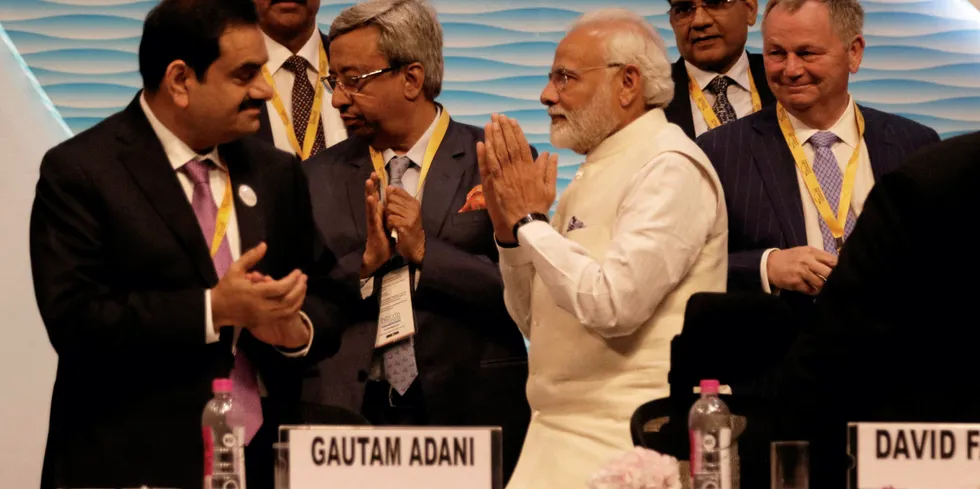'We'll spend $70bn on renewables and make world's cheapest green hydrogen': Indian billionaire Adani
Industrialist says massive investment leaves conglomerate 'strongly positioned to produce least expensive H2'

Industrialist says massive investment leaves conglomerate 'strongly positioned to produce least expensive H2'
